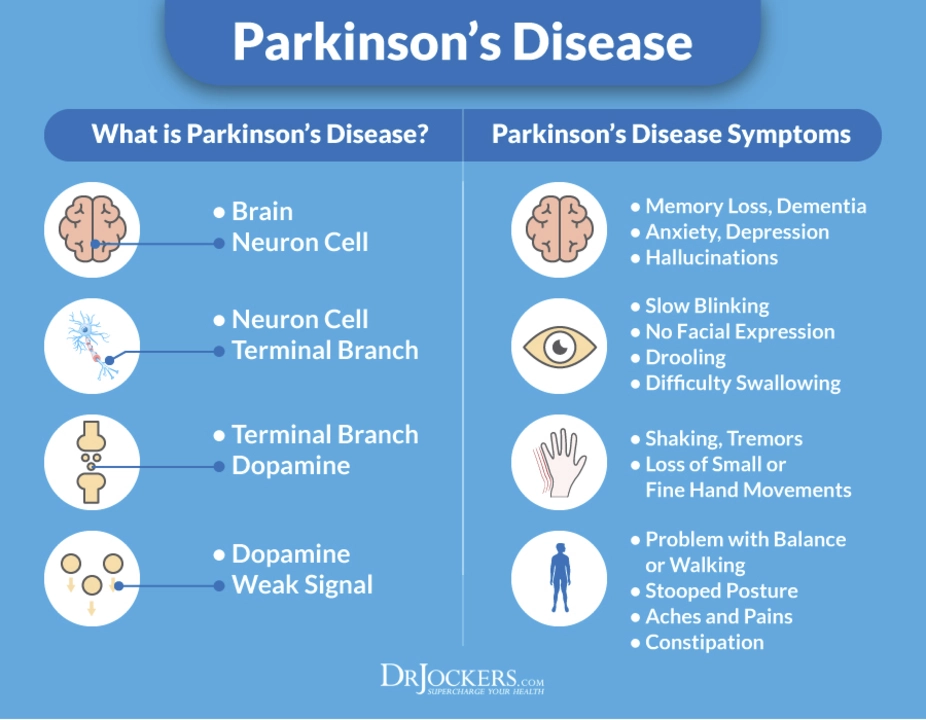Psychosis: Clear Facts, Signs, and What To Do
Psychosis means someone loses touch with reality for a while. They may hear voices, believe things that aren't true, or act confused. That sounds scary, but many causes are treatable and people can get better with the right care.
Early recognition helps. Common signs to watch for: hearing voices, strong fixed beliefs that others don't share, mixed-up speech, strange or withdrawn behavior, and sudden drop in self-care or sleep. If these appear over days to weeks, don’t wait.
Signs & causes
Psychosis can come from different places. Primary psychiatric conditions like schizophrenia, bipolar disorder, or severe depression can cause it. Drugs and alcohol—especially stimulants, hallucinogens, and heavy alcohol use—often trigger psychosis. Medical problems such as infections, thyroid issues, brain injury, or certain medicines can also cause similar symptoms.
Doctors usually check history, mental state, and basic tests (blood work, urine drug screen, maybe brain scan) to find the likely cause. Knowing the trigger guides treatment and avoids missing a medical issue that needs immediate care.
What to do & treatment
If someone is having psychosis now, focus on safety and clear steps. Stay calm, speak in short sentences, remove any dangerous objects, and avoid arguing about beliefs. If the person poses a risk to themselves or others, call emergency services right away.
Treatment often starts with antipsychotic medications to reduce hallucinations and severe confusion. Common options include risperidone, olanzapine, aripiprazole, and sometimes older drugs like haloperidol. Side effects matter—weight gain, drowsiness, tremors, and metabolic changes are possible—so work with a prescriber to find the best choice.
Medication plus therapy works best. Cognitive behavioral therapy for psychosis (CBTp), family support, social skills training, and supported housing or work programs help people rebuild life after an episode. Early intervention teams aim to start treatment fast and keep people engaged in care.
Long-term management means watching for relapse signs: sleepless nights, dropping out of routines, or growing suspicious. Avoid recreational drugs, stick to medications, keep appointments, and use a crisis plan with trusted contacts and clear steps if symptoms return.
Help is available. Reach out to primary care, a mental health clinic, crisis lines, or local emergency rooms. If you're supporting someone, get guidance from professionals and set boundaries to protect both of you.
Stigma can stop people from getting help. Remind yourself that psychosis is a health condition, not a moral failing. With quick care and ongoing support many people recover or learn to manage symptoms well.
Before a medical visit, write down specific examples of symptoms, note when they started, list current medicines and drugs, and bring a friend if possible. Ask the clinician about side effects, how long treatment takes, and what to do if symptoms return. Track sleep, mood, and any triggers in a simple notebook or phone app. Peer support groups and community mental health centers can offer practical help and reduce isolation. Small steps—consistent sleep, no drugs, regular meals—make a big difference. You don't have to handle this alone.

